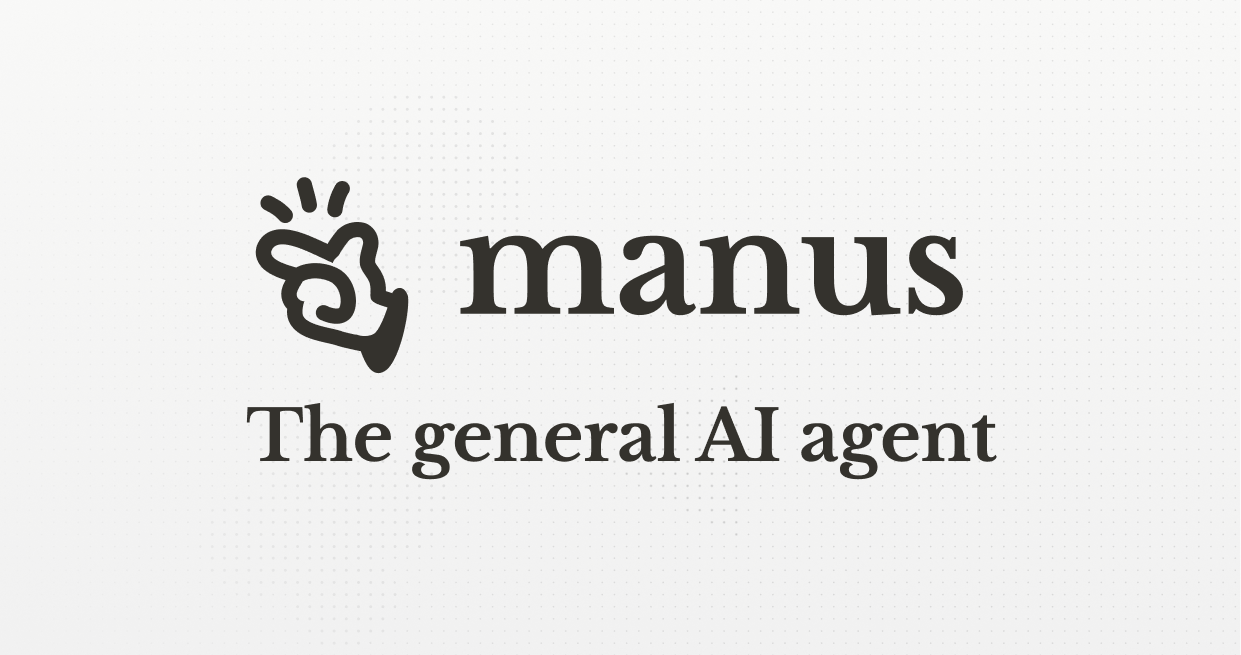China’s AI Agent Manus Rises in Popularity Amid Increasing Demand for Autonomous Artificial Intelligence

China’s Emerging Autonomous AI Agent: Manus
On March 6, Manus, an autonomous AI agent developed in China, gained significant traction on Weibo, a popular Chinese social media platform. This new AI technology, created by a team led by entrepreneur Xiao Hong, aims to surpass traditional AI assistants by executing complex tasks independently. A demonstration lasting four minutes highlighted Manus’s abilities, including sophisticated resume screening that mimics human performance. Impressively, Manus attained state-of-the-art (SOTA) results on the GAIA benchmark tests, sparking interest in its capabilities and marking a significant moment in China’s AI landscape.
The Significance of Manus
Why Manus Matters:
The emergence of Manus reflects a shift in the AI landscape, where there is a growing demand for AI agents that can perform tasks without human intervention. This move is a departure from conventional AI assistants, which typically provide suggestions and responses without completing tasks autonomously.
Key Features of Manus
Independent Task Completion: Unlike traditional AI systems, Manus is designed to take on more complex assignments. It autonomously ends up executing tasks rather than just offering advice.
Impressive Benchmark Performance: Manus has achieved top-tier performance across all levels of difficulty in the GAIA benchmark, which tests the ability of AI systems to tackle real-world challenges.
- High Demand in Beta Testing: Currently, Manus is in beta testing, requiring users to apply for access. There is considerable interest, with reports indicating that invite codes are being resold on secondary markets for prices as high as RMB 100,000 (approximately $13,900). Despite this, the company has stated that there are no official channels for purchasing these codes.
The Context of AI Development in China
The introduction of Manus comes at a time when China is experiencing intense competition in the AI sector, particularly in developing AI agents. Companies are increasingly moving away from basic chatbot functionalities, aiming for more advanced solutions. Manus’s release coincides with the rise of DeepSeek, another domestic AI model gaining popularity.
Global Landscape
The interest in autonomous AI is not limited to China. Internationally, OpenAI’s announcement of a $20,000 monthly subscription for enterprise-level AI agents highlights a rising commercial interest in advanced AI capabilities. This trend indicates that the market is evolving rapidly, with both startups and established players seeking to innovate.
Background on the Developer
Xiao Hong, the founder of Manus, has a history of creating AI solutions. Prior to Manus, he launched AI assistant Monica, which utilized multiple large language models (LLMs) and found initial success in international markets. Recently, a Chinese version of Monica that supports deep reasoning and real-time search capabilities also began beta testing, reflecting the developer’s focus on enhancing AI functionalities.
Conclusion
The rise of Manus is a notable event in the evolution of AI technologies. Its unique capabilities and the considerable interest it has generated create a foundation for further advancements in autonomous AI. As competition intensifies within China’s tech landscape and beyond, innovations like Manus offer a glimpse into the future of AI agents capable of elevating task execution beyond traditional boundaries.






